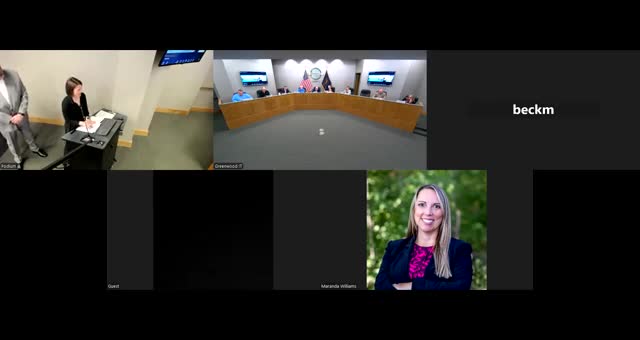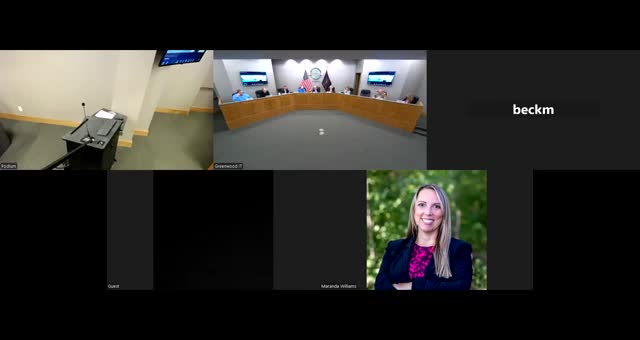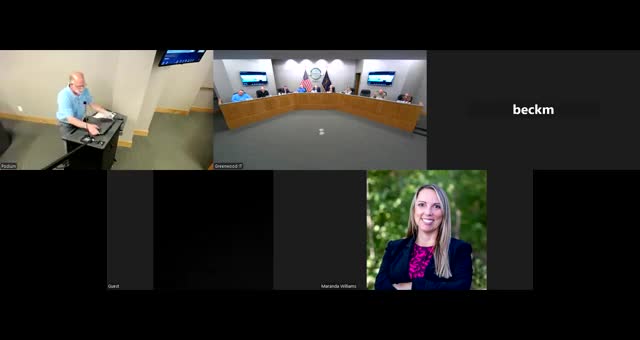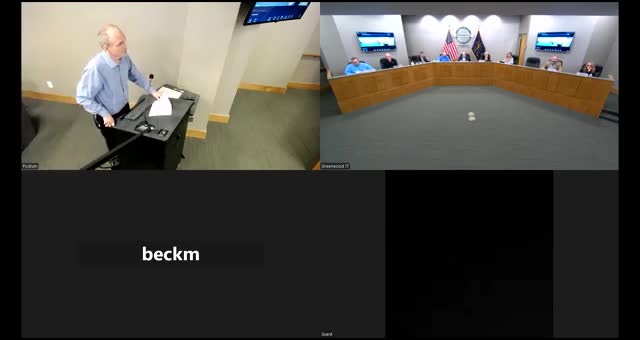Article not found
This article is no longer available. But don't worry—we've gathered other articles that discuss the same topic.

Council terminates tax abatements for Nachi Tool resolutions after public hearing

Council postpones consideration of wheel tax ordinance until economic analysis is completed

Council approves first reading of $100,000 IT appropriation after heated public comment; suspension for immediate second reading fails

